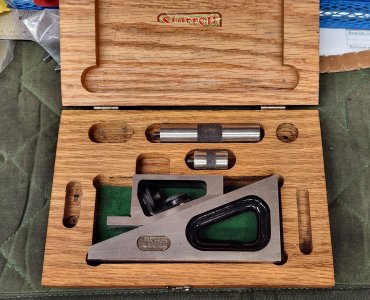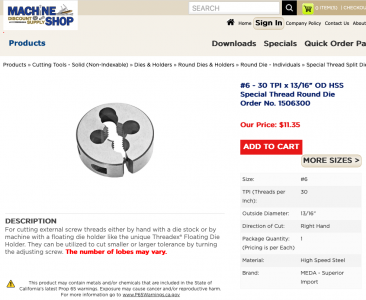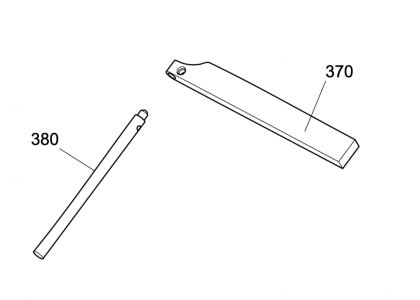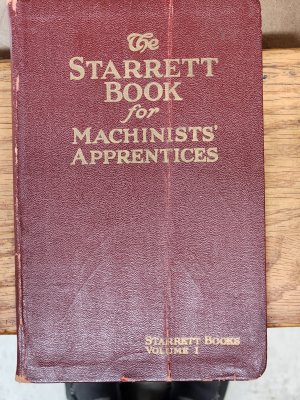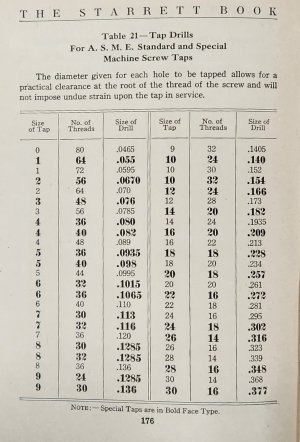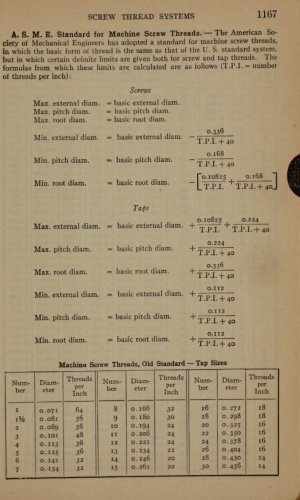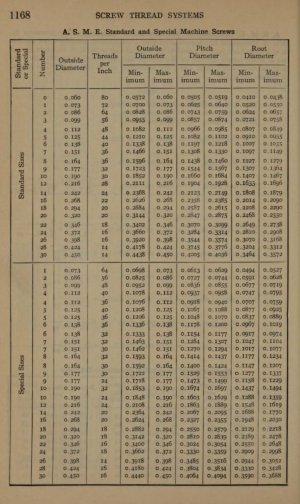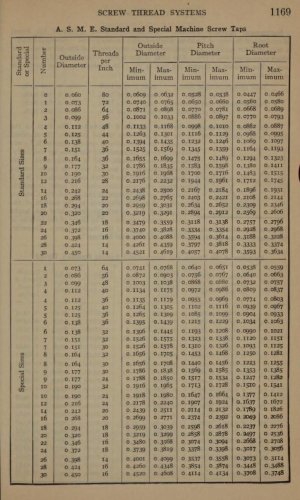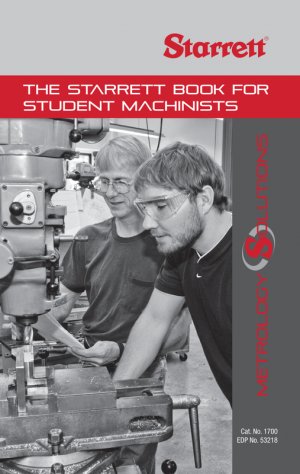HELP!!
I am hoping that someone might be able to lend me a #7-30 threading die.
A little while ago I purchased a Starrett No.995 planer gauge. It's missing a couple of accessories which I would like to make. Starrett uses odd size screws, and my lathe doesn't cut 30tpi. (I plan on making gears for it in the future.)
I found a die online, but they discontinued making it.
I am hoping that someone might be able to lend me a #7-30 threading die.
A little while ago I purchased a Starrett No.995 planer gauge. It's missing a couple of accessories which I would like to make. Starrett uses odd size screws, and my lathe doesn't cut 30tpi. (I plan on making gears for it in the future.)
I found a die online, but they discontinued making it.

